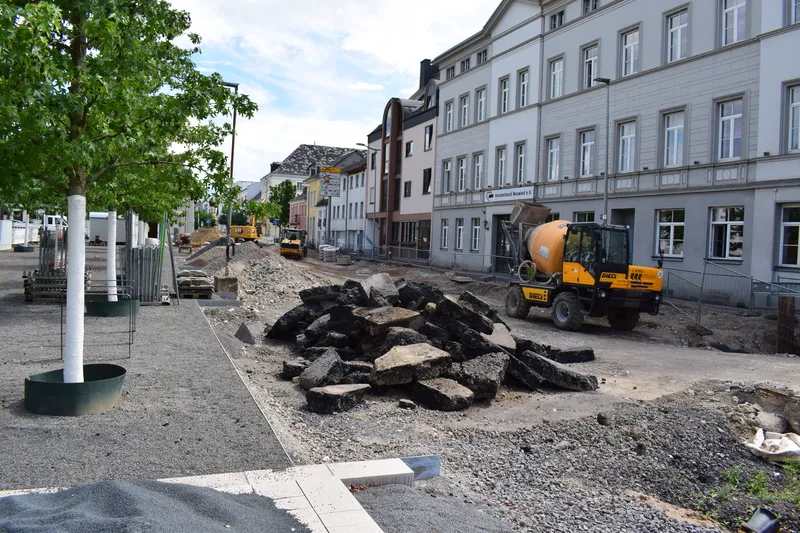
"Both results should not be overestimated," said Ralph Wiechers, VDMA’s chief economist. "The domestic increase is based on an extremely weak comparative basis in the previous year. The sharp drop in foreign business, on the other hand, can be explained by large-scale plant business a year ago. For the first 10 months of the current year, orders are now down by a total of 8 per cent. It remains the case that customers in the mechanical engineering sector are very reluctant to make new investments."
In the less volatile three-month period from August to October this year, 3 per cent fewer orders were recorded in real terms. Domestic orders were down 7 per cent and orders from abroad were down 1 per cent - euro countries were down 4 per cent and no change recorded for non-euro countries.
To watch a video presentation by VDMA Chief Economist Ralph Wiechers, visit the organisation’s website, www.vdma.org.
The companies that are represented by the VDMA employ around three million people within the European Union’s 27 member countries - more than 1.2 million of them are in Germany. This makes mechanical and plant engineering the largest employer among the capital goods industries, both in the EU-27 and in Germany. In the European Union, it represents a turnover volume of an estimated €910 billion. Around 80 per cent of the machinery sold in the EU comes from a manufacturing plant in the domestic market.






